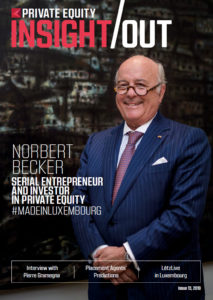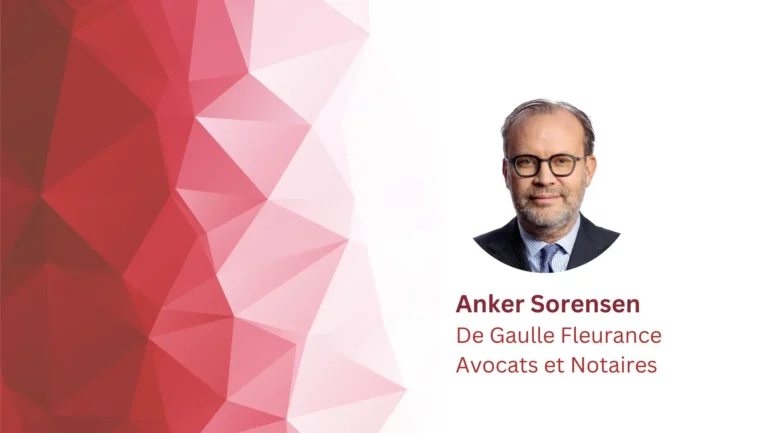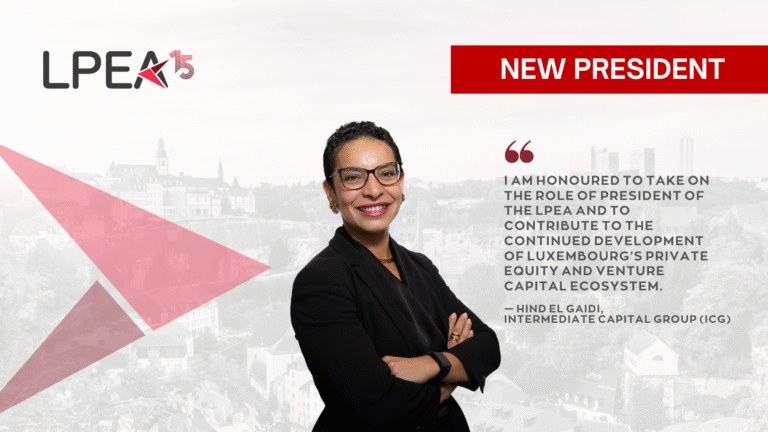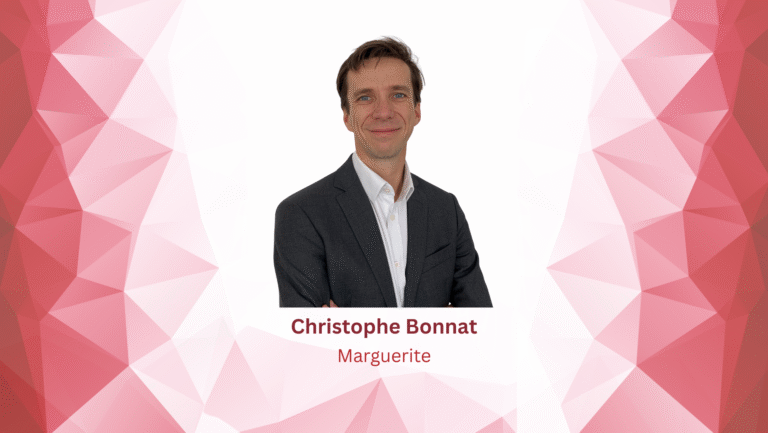Introduction. With over six billion US dollars raised through token sales since the beginning of 2018, the popularity of the ICO model for fundraising has surged while regulators around the world have been closely monitoring the phenomenon. The term ICO is used to describe a digital representation of value and/or underlying rights that are issued or generated in exchange for fiat currency or cryptocurrencies. Coins issued, also known as tokens, may represent rights to an asset, payment or benefit, or can be exchanged for goods and services. As such, the term “token sale” is more accurate to describe this mechanism than initial coin offering that is derived from the concept of “initial public offering”. Different classifications have emerged in different jurisdictions. For example, the United States has been proactive in doing so and the Swiss Financial Market Supervisory Authority (FINMA) has published guidance on its classification based on the underlying economic function of the token . Depending on the qualification retained for the tokens, several legal fields may be involved and one must acknowledge the current legal uncertainty surrounding the recent ICOs phenomena. This also applies to Luxembourg where the Luxembourg Supervisory Authority for the Financial Sector (CSSF) only recently issued a warning on ICOs and tokens (ICO Warning) and another, which is closely related, on virtual currencies (VC Warning). On the EU level, the European Securities and Markets Authority (ESMA) issued an Advice on ICOs and Crypto-Assets in January 2019. The purpose of this paper is to give an overview about the possible classification of tokens and the possible legal issues relating to an ICO.
Interview | March 2019 | LPEA Insight/ Out #13
LPEA met with Norbert Becker, a successful investor and manager who, after an international career in the consultancy and advisory world, returned to Luxembourg in 2004 to launch his own ventures: Atoz, a high-end tax advisory and corporate finance firm and Compagnie de Banque Privée Quilvest, a bank fully dedicated to wealth management.
It is in his quality of founder as well as of bespoke representative of entrepreneurial families from all around the world that he spoke with LPEA about his professional achievements, the private equity sector and the country of Luxembourg.
Interview conducted by Rajaa Mekouar-Schneider, President of LPEA.
LPEA met with Norbert Becker, a successful investor and manager who, after an international career in the consultancy and advisory world, returned to Luxembourg in 2004 to launch his own ventures: Atoz, a high-end tax advisory and corporate finance firm and Compagnie de Banque Privée Quilvest, a bank fully dedicated to wealth management.
It is in his quality of founder as well as of bespoke representative of entrepreneurial families from all around the world that he spoke with LPEA about his professional achievements, the private equity sector and the country of Luxembourg.
Interview conducted by Rajaa Mekouar-Schneider, President of LPEA.
BIOGRAPHIE
Norbert Becker started his career with the financial services regulator in Luxembourg in 1974 to soon after in 1979 establish the Andersen Audit, Tax and Consulting firm in Luxembourg, of which the consulting arm later became Accenture. In 1994, Mr. Becker was appointed a member of the European Operating Committee of Andersen and served as the Regional Managing Partner for Central Asia, Eastern Europe, India and the Middle East. In 1998, he was appointed Global Managing Partner of Administration and Infrastructure of the Global Firm and moved to New York and London. In 2002, Mr. Becker managed the merger of over 50 non-US Andersen member firms into Ernst & Young where he served as the Global CFO of EY.
In 2004, Mr. Becker returned to Luxembourg and started various business ventures including Atoz and Compagnie de Banque Privée Quilvest. Currently Norbert Becker serves on the boards of several international corporations and is the Chairman of Lombard International with over €40 of assets under administration.
What is the view of Luxembourg as an investment hub in the different regions? What do people ask or tell you?
What I perceive is that everywhere I go, for those who have experience in Luxembourg, they find it extraordinarily efficient. What is unique is that all these service entities, being it audit firms, law firms, custodian banks, every client can speak in their own language to their service provider. Go to London, that is not easily true or anywhere else.
How different is the ecosystem here from London for instance?
I was an investor in London, New York… I came back as an investor here because I think that investing in Europe you’re better off with a base in the continent than in London. There are US investors who considered the entry point to investments being in London but I think it changes with Brexit – depending where it goes. I have seen so many projects that did not deliver as expected because the entry point just wasn’t the right one. It’s very hard to do investments in southern Europe if you don’t speak the languages or you don’t understand the culture. For this reason I think the typical American-London firm will come directly in the continent and the only place they can get full satisfaction is Luxembourg.
What about the ones that haven’t experienced it?
There it is our job to make sure that they know it and understand it, that we can showcase real cases. That’s why my point on transparency. And you know there is this French saying: “savoir faire, et faire savoir” – that is really what we need to do.
You recently joined LPEA as a new member to support the new initiative dedicated to family investors and investment offices. How do you see the role of the association for this specific type of investors?
Well, I think family offices landing in this environment and this system find their way somehow. I see the association as the house under the roof of which people can meet and exchange. Where we can talk about our good and less good experiences. And then maybe we can build relationships and find co-investment opportunities. This is a very small circle of families that talk to each other and even so it can take years for the family heads to meet. The LPEA may be of good help to bring people closer.
Still family offices prefer to stay under the radar.
Yes, the credo of family offices is confidentiality and discretion. They certainly don’t want any publicity around a co-investment or wouldn’t want to be published unless there are specific circumstances. The association, working with family offices must be mindful of confidentiality which, by the way, fits well with the culture of the country.
How would you like to see the Luxembourg private equity hub in the coming 2-3 years?
Luxembourg has declared itself as a start-up nation which typically is in the value chain of private equity. My dream is that Luxembourg sets forth the conditions for this ambition to be achieved. I think Luxembourg needs to continue to present itself as creative place to do business. We have to apply our tax laws in the sense of the law and make sure that there is a dialogue in place between the business and the administration. Sometimes in private equity you do very complicated transactions that must respect the underlying asset’s point of view. There can be a lot of intellectual property and/or technology which you have to structure in a proper way. Sometimes you need interpretation of laws that were written 15 years ago and do not necessary apply to what we do today. We need to move towards more dialogue with the administration.
There is a public intention of Luxembourg to become a hub for FinTech and ICT sectors. Do you see any live examples becoming real?
Well, the largest FinTech in the world is based in Luxembourg and its name is Paypal. I happen to know it very well. There is a clear intention of the government to move to a broader recognition of Luxembourg in the IT space. The prime minister himself took that responsibility and he considers it a big commitment for his government.
To be successful a market place has to match talent with money. Is Luxembourg doing it the right way?
Not as much as we could. You mentioned talent which is indeed one of the key issues. If you talk today to the locally-based Fintech operators, they all have difficulties to find the required talents. There is also a mismatch with the public administration. If we declare that Luxembourg wants to be a startups nation and then we abolish the stock options regime, something doesn’t match…
In March LPEA will host its flagship Insights 2019 conference in which you will be one of the keynote speakers. Why should someone from abroad take this opportunity to discover Luxembourg?
I think Luxembourg has so much to present and deliver but remains under rated despite a very innovative ecosystem. Because of its size and of the proximity with the government agencies, we can get decisions really fast. This includes adapting legislation – always in accordance with the European and other international rules. Over the past 20 or 30 years the country proved to be extremely well positioned to build new segments in the industry. The funds industry in Luxembourg is the second largest and private equity is clearly a significant sector in the financial industry – and I can only anticipate that sector to be doubling in size in a few years.
Then again, the financial services industry in Luxembourg represents 1/3 of the GDP, which not only shows how important it is but also that one can find a full ecosystem. Everybody is here and things can be moved very fast.
How is it to live again in Luxembourg?
It’s great living in Luxembourg! I lived in London, New York, Chicago and a lot of other places but Luxembourg is now my home. I had many expatriates with me over the years and particularly people from the US. Their stories were always the same: the first six months, the daughter didn’t want to go to school, the dog was sick, the wife wanted to return… But then after six months, they loved it and actually these expatriates had three years-contracts so after the third year, I had to call the Marine Corps to get them all again (laughs), nobody wanted to return, they all wanted to continue to live here. In fact, some of them returned to Luxembourg and even became Luxembourgers. So the question is how you live here once you have made your experience, once you realized that you’re two hours or less away from the major cities in Europe; once you understand that you can do weekends in Rome or London, Berlin, Milan…
…or the Mullerthal.
It’s great! Security, safety, schools, everything is working perfectly well. And so my experience is that all those people that came in Luxembourg are really happy living here and become Luxembourgers by heart.







